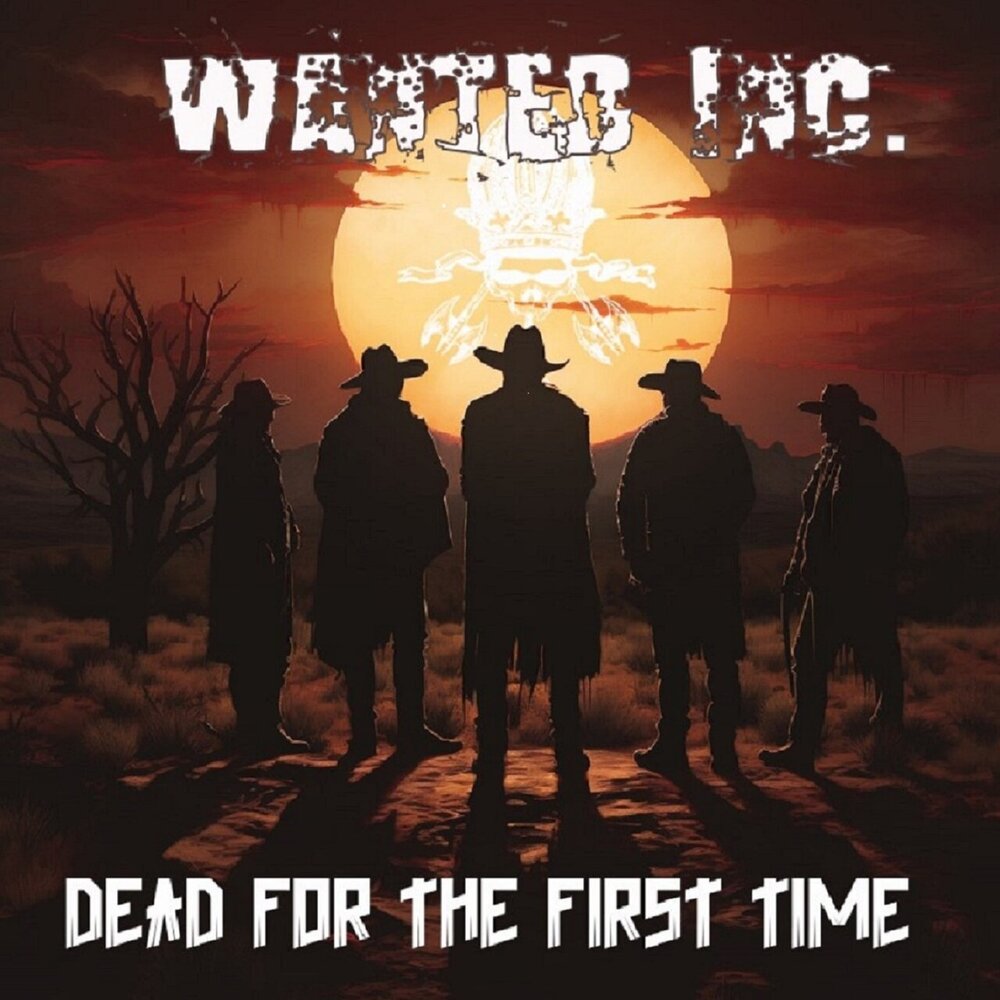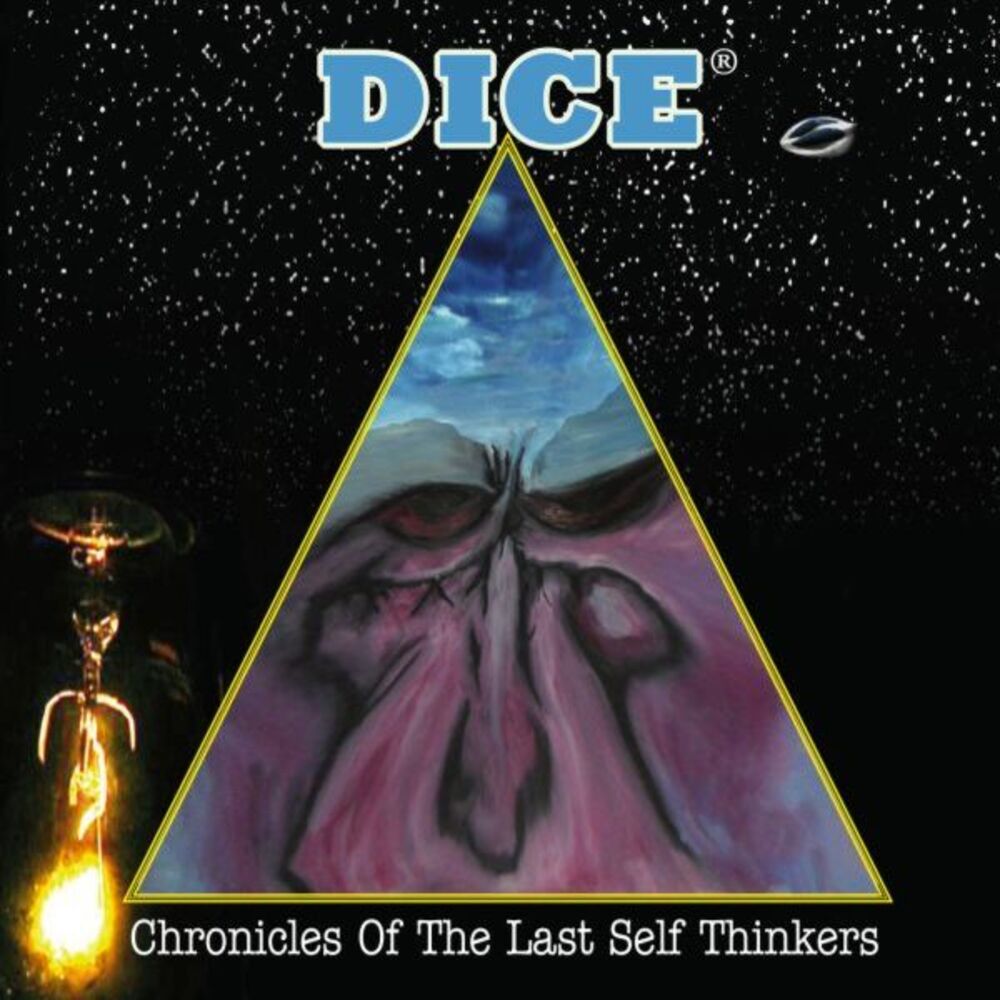 |
Country: Germany
Style: Psychedelic Rock
Rating: 7/10
Release Date: 17 Jan 2025
Sites: Bandcamp | Facebook | Instagram | Official Website | YouTube
This album is so easy to just fall into that it's acutely hard to review it. The basics are that TFNRSH are an entirely instrumental German psychedelic rock band who hail from Tübingen. That name is a short version of "tiefenrausch", which means "deep noise", but they play highly accessible psych on this, their second album. Their first was self-titled and came out in 2023. Across both, they write long pieces of music, two of the four tracks here over eleven minutes and the shortest over seven and a half. I've listened to this maybe a dozen times now and it encompasses me every time until I realise I haven't written any notes and have to start over again, not that that's a hardship.
My favourite track is the opener, Zemestån, which features a simple but effective build. It finds its mood quickly with synths then adds a simple echoing riff. The drums join the fray a minute into the piece but the riff doesn't expand for another thirty seconds and it always catches me out with its patience because I'm waiting for it every time. It's a glorious build, going full crunch two minutes in and milking that groove. There is a drop back at the four minute mark but that's also when the drums start to roll and the guitar gets jaunty. The patience of TFNRSH is palpable because this is all about groove. The solo doesn't show up until seven minutes in and even then takes a while to truly shift.
WRZL is more experimental, with an opening that's hard stoner rock but with space noises in the background and leaping into the foreground too. Then it mellows out for a while with a delightful liquid guitar from Sasan Bahreini. He gets a fantastic solo in the second half. He's the only name I see credited on guitar, but the closer, Ammoglÿd, which is much more mellow throughout, plays in like the intertwining of two melodious guitars. They're initially backed by rain with an occasional contribution from Stefan Wettengl's bass. Drummer Julius Watzl gets a break for almost half the piece.
That leaves the third and longest track, Zorn, which is my least favourite of the four, in part because it's even more patient than everything else, taking a long while to get anywhere. Initially, it's a slow set of peaceful synth drones behind a long spoken word section. It's in German, so I have no idea what's being said for four or five minutes. At least Watzl is there to provide a quirky beat that's a single thread of interest. Maybe if I understood the narration it would be stronger, but it feels like the least substantial piece even without factoring that in.
Now, when it does kick in, almost at the five minute mark, it kicks in with emphasis. That's surely the most vicious guitar yet and it aches to cut through something. After a further ninety seconds, it drops into something more akin to Zemestån but with a more playful and less regimented vibe, so there's definitely plenty in the piece to enjoy but we have to wait for the narrator to finish his spiel before we can get to it. It's the only part of this album that I feel warrants a fast forwarding through, even though I haven't done that yet. The drums are enough to keep me, I guess.
By the way, while the band is based in Germany, song titles like Zemestån and Ammoglÿd appear to be Latgalian, which is a Latvian language. I don't know if any or all of the band members moved from Latvia to Germany or not, but those titles mean Earthquake and Environment respectively. It's ironic, I guess, that they be my favourite two tracks, given that there's no language anywhere in them except the titles. Maybe Zorn means something in Latgalian. Maybe it doesn't.
Any which way, this is a strong and immersive album. I don't know that it does anything unusual or particularly noteworthy. It's just thoroughly enjoyable and I could easily listen to it another dozen times. However, I need to move onto other albums, so I'll have to leave it for now but I'll definitely be keeping my eyes open for a third album from TFNRSH in a couple of years time.

















